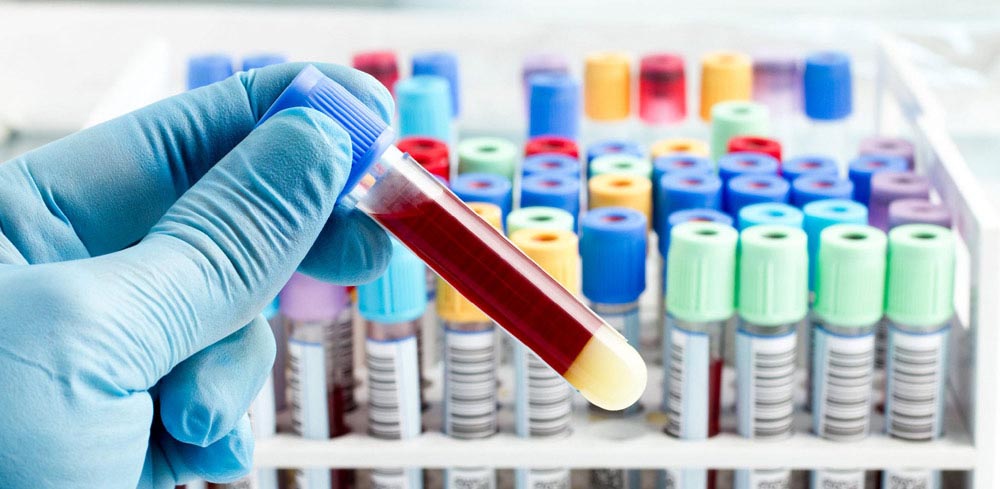Pathology is the study of disease. It is the bridge between science and medicine. It underpins every aspect of patient care, from diagnostic testing and treatment advice to using cutting-edge genetic technologies and preventing disease.
Doctors and scientists working in pathology are experts in illness and disease. They use their expertise to support every aspect of healthcare, from guiding doctors on the right way to treat common diseases, to using cutting-edge genetic technologies to treat patients with life-threatening conditions.
Pathologists play a critical role in research, advancing medicine and devising new treatments to fight viruses, infections and diseases like cancer.
In the last 100 years, we’ve seen significant reductions in illnesses such as polio across the world, as well as major advances in blood transfusion, vaccination and treatment of inherited conditions. This is all thanks to the pioneering work of pathologists.

There are teams of medical staff and scientists whose job it is to study samples from a person’s body to understand what’s making them unwell.
These teams are made up of pathologists – who are either doctors with specialist laboratory training or scientists with specialist clinical training – as well as biomedical scientists and support staff. Doctors, nurses, surgeons and other medical staff look to pathologists and consultant clinical scientists for advice on the nature and seriousness of a patient’s illness, making sure they get the most appropriate treatment.
General pathology describes a complex and broad field that involves the study of the mechanisms behind cell and tissue injury and understanding how the body responds to and repairs injury. Examples of areas that may be studied include necrosis, neoplasia, wound healing, inflammation and how cells adapt to injury. Thorough understanding in these areas is applied in the diagnosis of disease. General pathology is also the term used to describe anatomical and clinical pathology.
This field covers areas of pathology, but at a less specialist level. A person working in general pathology would be trained in the areas of laboratory analysis, such as hematology and clinical chemistry. However, they would have a less detailed knowledge than a person who specializes in one of these fields.
This field is concerned with the study and diagnosis of illness through microscopic analysis of samples from bodily fluids, tissues organs and sometimes the entire body or autopsy. Factors that may be examined include the cell appearance, anatomical makeup and chemical signatures within cells.
This discipline can be subdivided into several disciplines and examples of these are given below:
Histology – Samples of bodily tissues and organs are prepared and examined in order to detect and diagnose disease. The architecture of tissue is observed at a microscopic level and the relationship between different cell and tissue types is examined.
Cytology – Bodily fluids and tissues are examined at the cellular level in order to screen for and diagnose disease and help aid treatment decisions. A cytologist will examine how cells look, form and function.
Forensic pathology – Forensic pathology is the examination of an autopsy in order to discover the cause of death. The external appearance is first assessed to check for evidence of wounds or suffocation, for example. Surgical procedures are then begun and the internal organs are studied to see whether internal injuries exist and are connected to external ones.
Also referred to as laboratory medicine, clinical pathology concerns the analysis of blood, urine and tissue samples to examine and diagnose disease. Examples of the information clinical pathology laboratories may provide include blood count, blood clotting and electrolyte results. A clinical pathologist is usually trained in microbiology, hematology or blood banking, but not at the same expert level as someone who specializes in one of these fields.
A clinical pathologist may come across problems that demand specific expertise, at which point they would need to consult a more specialized colleague. Clinical pathologists play a similar role to that of general pathologists, although they would not be involved in anatomical pathology.